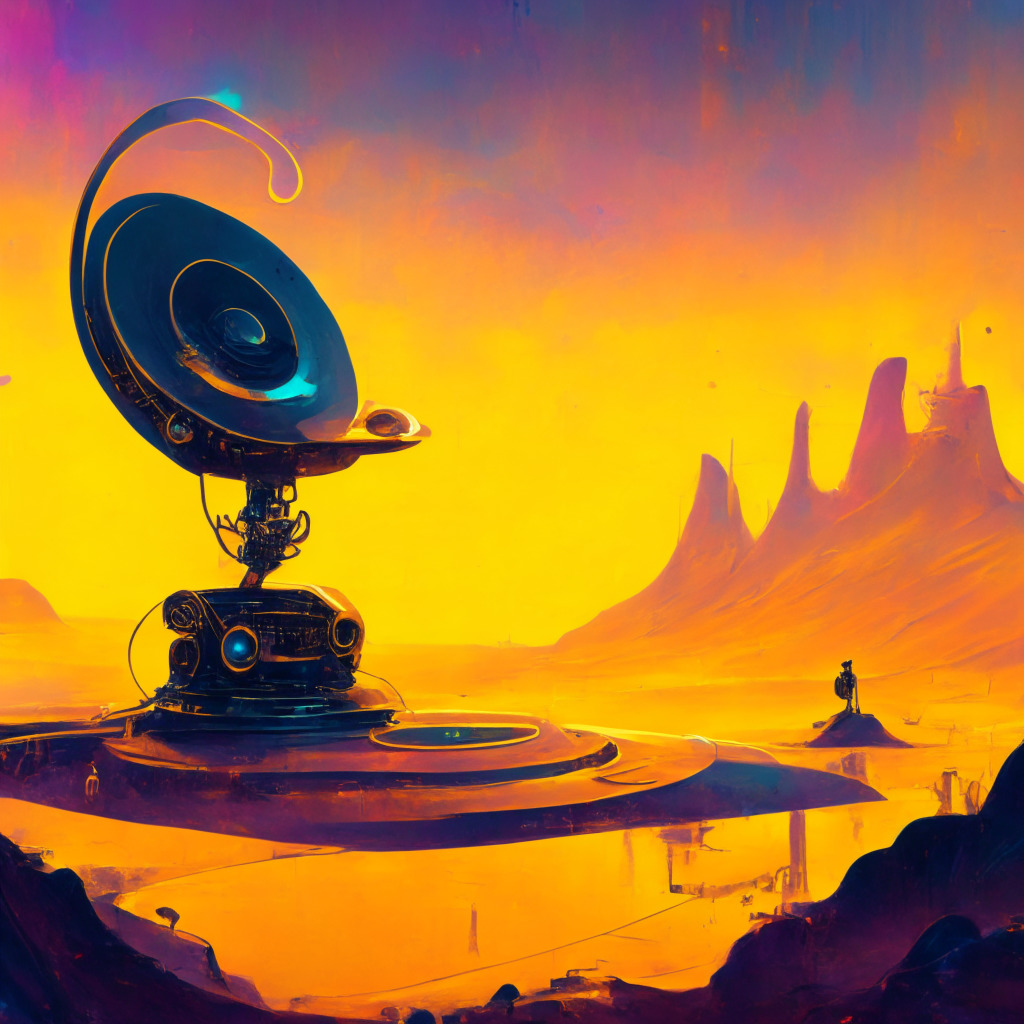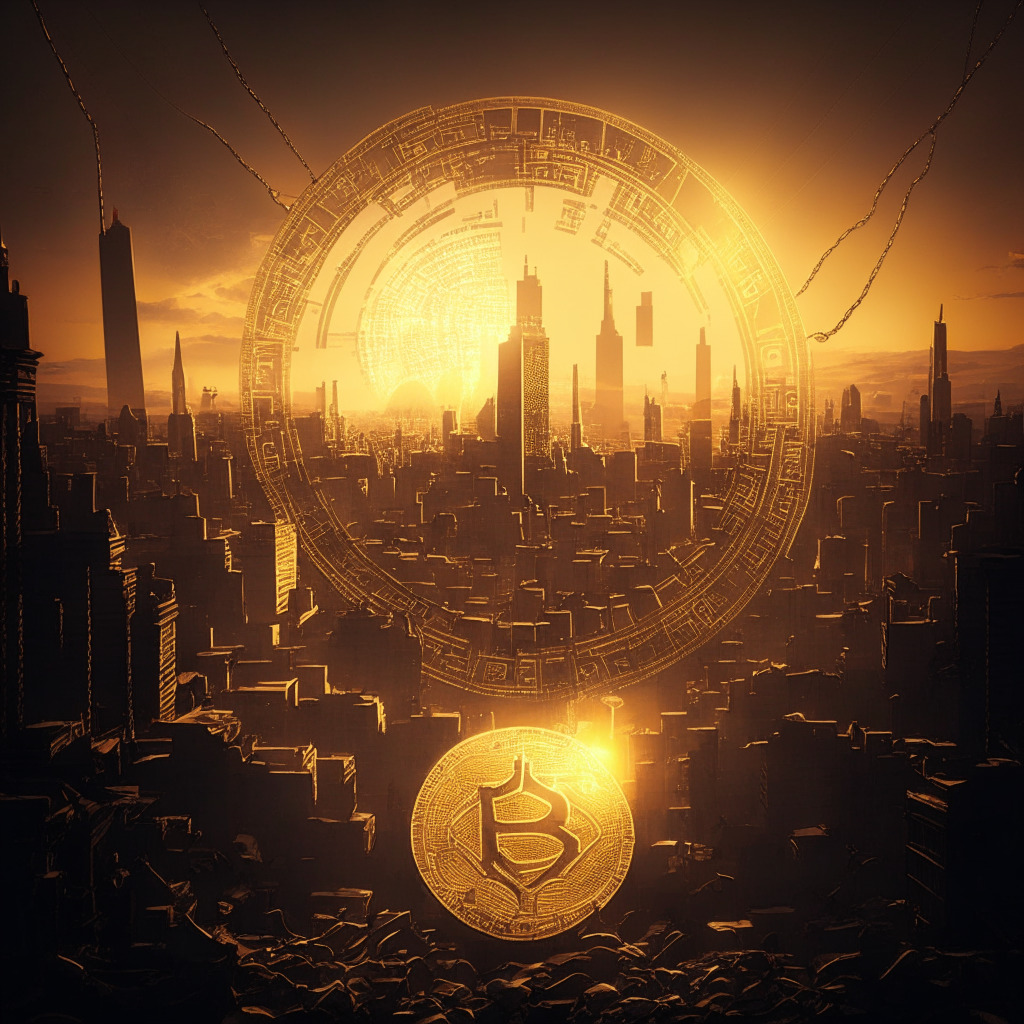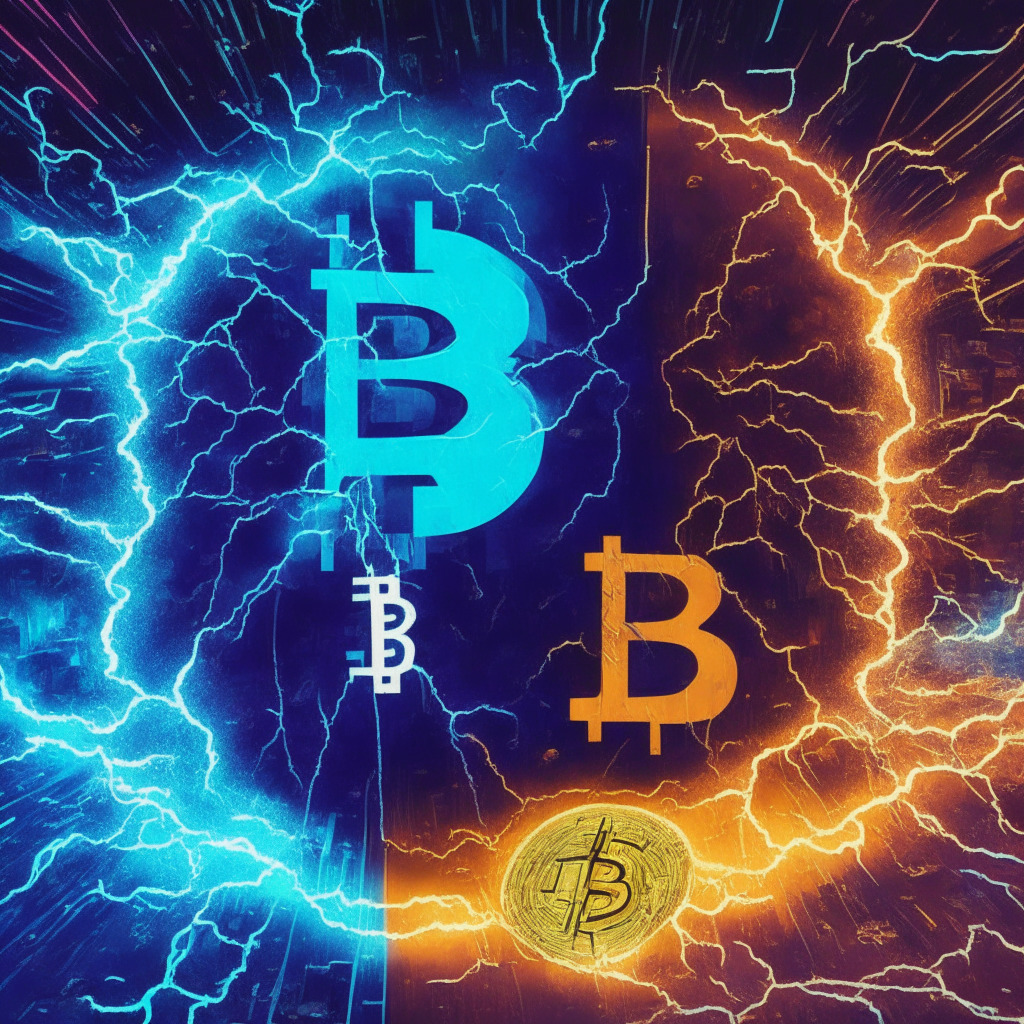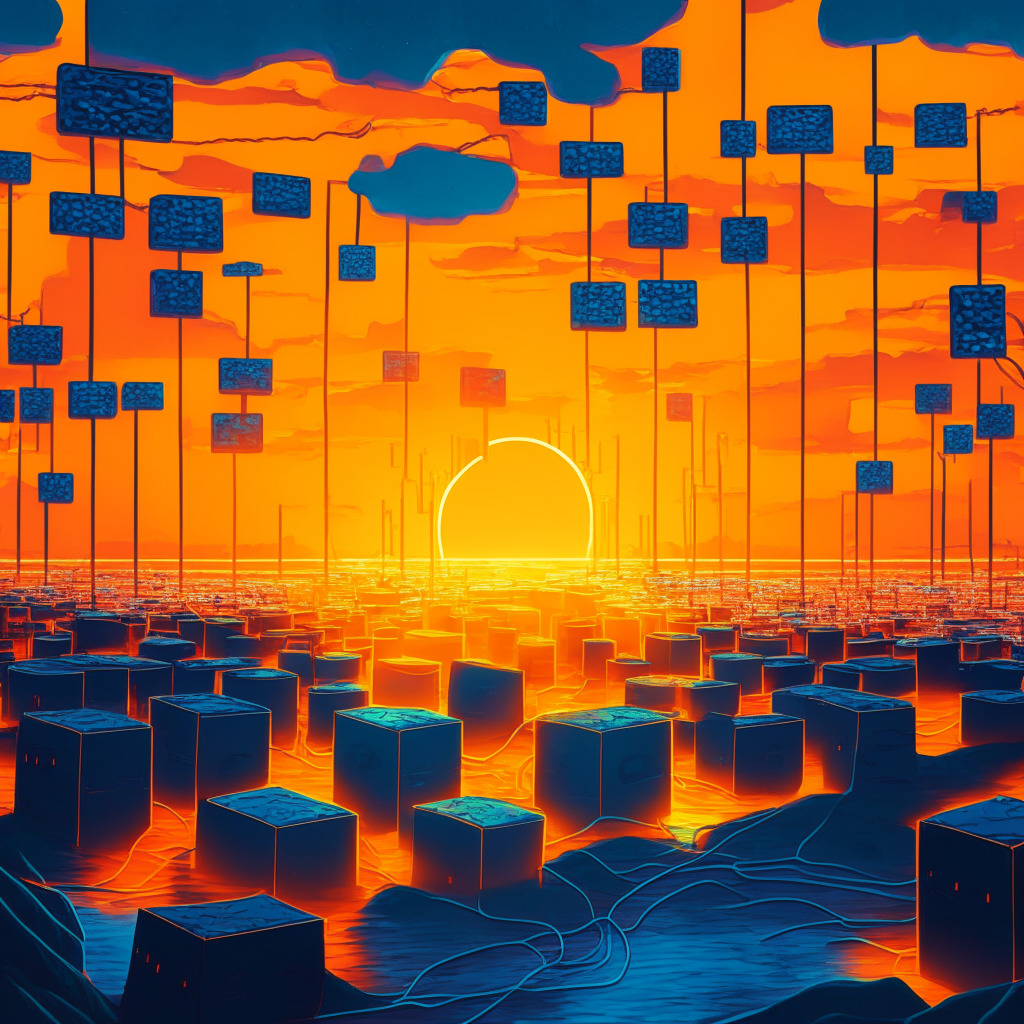Artificial Intelligence (AI) has immersed itself into numerous industries across the globe. Its groundbreaking role in traditional music has attracted the attention of artists and record labels alike. The AI platform Musixy.ai is causing ripples in the creative music industries as traditional spaces are grappling to embrace this technology.
Developed to serve as a streaming platform, a label, and a marketplace for music exclusively generated by AI, Musixy.ai plans to be the alternative option for AI hit songs, particularly those which unwarrantedly got the boot from other platforms. The CEO and founder of Musixy.ai, Can Ansay, pointed out that major labels are in a state of fear due to potential revenue losses and possible threat of extinction brought on by this disruptive technology.
AI music offers talented producers the chance to create and monetise hit songs with the simulated voices of popular singers in any language. The platform hopes to make AI-produced songs eligible for Grammy recognition, should the Recording Academy recognize Musixy.ai as a streaming platform. However, the aspect of intellectual property rights remains as a big state of confusion in the industry.
On one hand, AI-generated music brings efficiency and reduces costs, particularly in production. But on the other hand, it is prompting claims of copyright infringements. For instance, Universal Music Group has been seeking more vigorous vetting of copyrighted AI tracks from Spotify and other mainstream streaming platforms. In response, Musixy.ai offers an innovative solution: AI vocal tracks should be marked as ‘unofficial’.
From Ansay’s legal perspective, AI should not infringe upon vocal likeness as it would infringe upon professional ethics and add unnecessary complexity to artists’ work. Recently, Google and Universal Music Group found a common ground by reportedly negotiating a tool that would allow AI tracks to be created using artists’ likenesses in a legal manner. The idea is to either have AI-generated music compete at the same level as non-AI generated music in terms of awards and recognition, or to create a separate status for them, thereby making room for an ‘AI Song of the Year’ or something equivalent.
No matter the direction, the music industry is facing a distinctly AI-charged future that could potentially bridge the gap between technology and creative music. While the adoption of such a revolutionary idea struggles with legal hang-ups, the fight between tradition and innovation continues to echo. How exactly the AI-powered music industry would reshape and modify itself, though, remains a tune for the future to play.
Source: Cointelegraph




